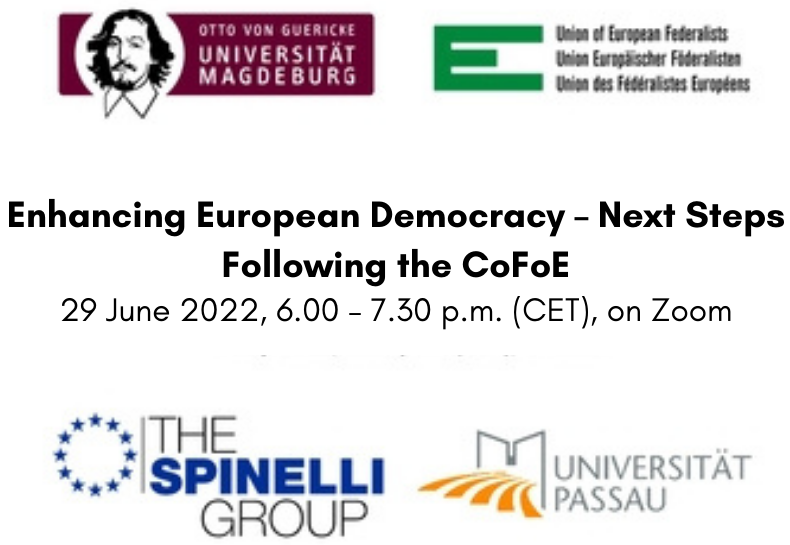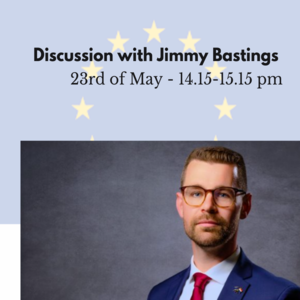News
Book presentation "Women and Leadership in the European Union"
Book presentation "Women and Leadership in the European Union"
Unter den Linden 78, 10117 Berlin
4.30 p.m. - 6 p.m., 20 July
Master Days 2022
Between May 30th and June 2nd, the OvGU is organising the Master Days 2022.

The event offers all those interested in Master's degrees the opportunity to clarify questions and find out about the various Master's degree programmes at Magdeburg University.
The Master Days 2022 also offers the possibility to participate online as well as on site and the Master's programme European Studies will also be presented at the fair!
Calls for Papers of the 'Landeszentrale für Politische Bildung': Digital Media and Politics
For a new online publication in the CampusPUBLIK format, the Landeszentrale für Politische Bildung in Saxony-Anhalt is looking for academic theses from students and academic staff from Saxony-Anhalt on the topic of "Digital Media and Politics" (term papers, bachelor's or master's theses or comparable degrees or contributions).

Detailed information and already published articles within the framework of CampusPublik can be found here.


